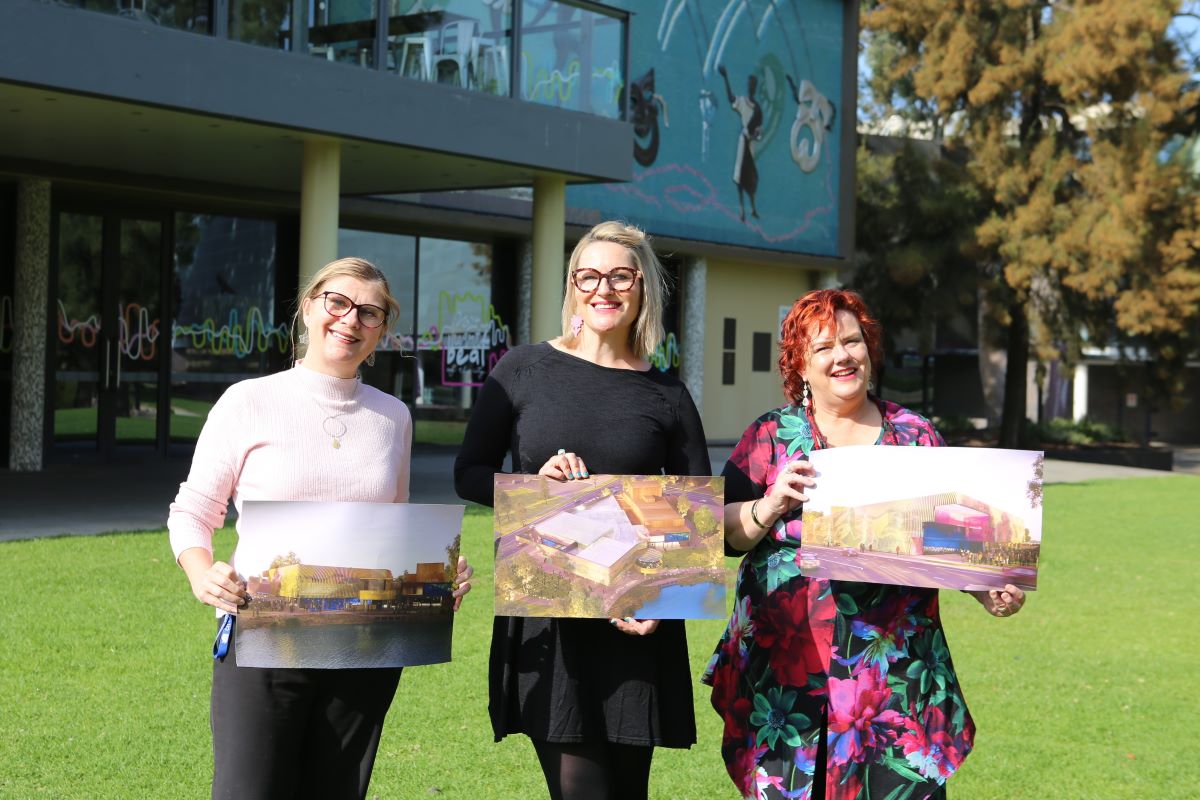
Griffith University ecologists have paid tribute to one of world’s leading scientists Lord Robert (Bob) May (DUniv) following his death on 28 April 2020.
Lord May of Oxford – a physicist and ecologist – was bestowed the honour of the title of Doctor of the University by Griffith in 2015 and influenced many scientists, including the university’s Professor Hamish McCallum and Professor Emeritus Nigel Stork.
Professor McCallum said Lord May was “awarded virtually every honour the British establishment could offer”, including a professorship at Oxford, the Presidency of the Royal Society of London, a knighthood, a seat in the House of Lords, Chief Scientist of the United Kingdom and membership of the Order of Merit – a personal gift of the Queen, restricted to only 24 living members.
“Nevertheless, he remained a quintessential Australian, with a strong Australian accent and larrikin streak,” Professor McCallum said.
“He transformed the science of ecology from a descriptive, observational discipline into a theoretical science with a firm mathematical basis.”
Professor McCallum said Lord May’s legacy was particularly important during the COVID-19 crisis.
“The models being used to guide the management of the coronavirus pandemic all have their genesis in the seminal work Lord Robert May undertook 40 years ago with Sir Roy Anderson,” he said.
Griffith University Professor Emeritus Nigel Stork said Lord May started his career in mathematics and physics – being credited as one of the pioneers of chaos theory – before becoming interested in solving mathematical problems in biology while on sabbatical from his job at Princeton. He then moved to Imperial College and Oxford as a Royal Society Professor.
“Bob May was one of the most influential scientists of the last 60 years,” he said.
“He was fascinated with the diversity of life including questions concerning the magnitude of Earth’s fauna and flora.
“He noted, ‘To a good approximation, all species are insects,’ reflecting on the fact that small organisms receive so much less attention from science than larger ones.”
Professor Emeritus Stork added that Lord May was an extraordinary speaker.
“All who heard him speak at conferences will recall the first time they heard him and how it impacted on their own studies,” he said.
“He also enjoyed translating his knowledge to public policy.”
Lord May was 84 years old.







